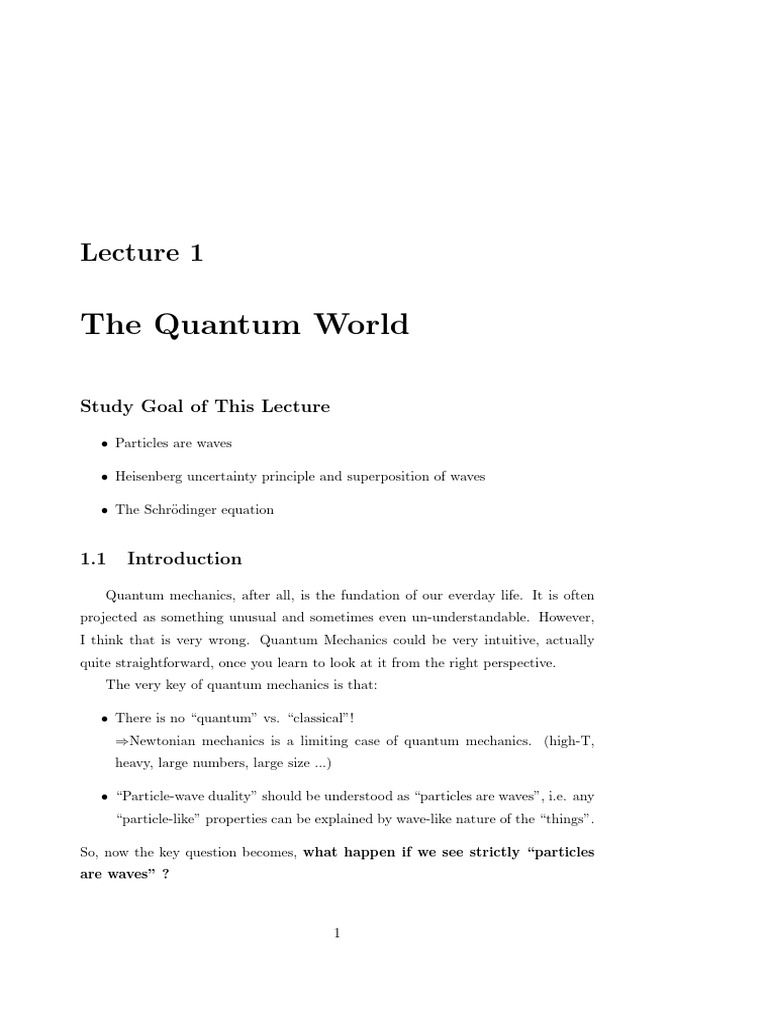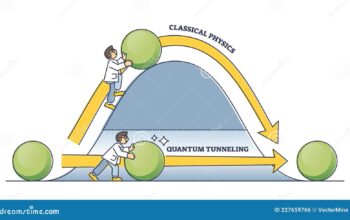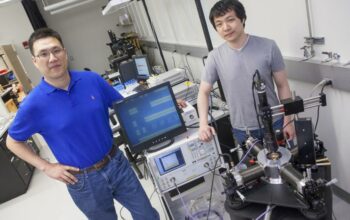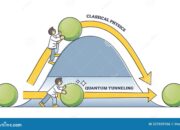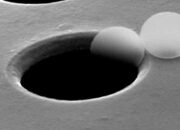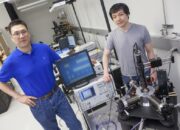David Wong-Campos stands at the forefront of modern quantum physics, engaging with the complexities of quantum control. His explorations have illuminated pathways toward finely-tuned manipulation of quantum systems, offering tantalizing implications for a multitude of scientific disciplines, including quantum computing, quantum cryptography, and precision measurement. This discourse endeavors to elucidate the expansive contributions of Wong-Campos, delineating key aspects of his work and the broader implications for the field of quantum mechanics.
At the heart of Wong-Campos’s research lies the quintessential problem of quantum control, which seeks to harness and direct the inherently probabilistic nature of quantum systems. The classical control paradigms fall short in the realm of quantum mechanics, as they fail to account for phenomena such as superposition and entanglement. Quantum control, therefore, mandates new strategies that are both innovative and deeply rooted in theoretical physics. Wong-Campos has adeptly navigated this terrain, developing novel techniques that leverage these non-classical properties to achieve desired outcomes in complex quantum systems.
One of the pivotal concepts in Wong-Campos’s work is “quantum state tomography,” a technique that allows researchers to reconstruct the state of a quantum system from measurements. This process is indispensable for achieving precise control over quantum states, as it provides critical information necessary for implementing feedback control strategies. Wong-Campos has significantly advanced the methodologies associated with this technique, refining it to enhance both its accuracy and efficiency. The implications of his advancements reverberate through quantum information science, where the ability to accurately determine quantum states is fundamental to the development of reliable quantum technologies.
Furthermore, Wong-Campos’s research delves into coherent control, a methodology that approaches quantum control from a different angle. Coherent control involves utilizing tailored light fields to manipulate the dynamics of quantum systems, thereby steering them toward desired outcomes. By expertly crafting light-matter interactions, Wong-Campos’s work has demonstrated how researchers can influence quantum transitions that were previously deemed inaccessible. This technique bolsters not only theoretical comprehension but also practical applications in areas such as quantum computing, where achieving high fidelity in quantum gates is crucial.
In the pursuit of practical quantum control, Wong-Campos emphasizes the importance of error correction and fault tolerance. Quantum systems are notoriously susceptible to decoherence and noise, which pose significant challenges for the realization of robust quantum technologies. His research advocates for the integration of sophisticated error correction schemes that can effectively counteract these detrimental effects. The synergy between error correction theory and experimental implementations is vital for pushing the boundaries of quantum computing into practical realms, enhancing its viability for real-world applications.
Wong-Campos’s pursuit of quantum control extends into the realm of quantum networks as well. As the desire for quantum communication advances, the capacity to control quantum states over distances becomes paramount. His investigations into quantum entanglement distribution have opened avenues toward the establishment of secure, quantum communication channels. This not only augments classical communication infrastructures but also heralds a new era where quantum cryptography becomes a mainstream reality, ensuring unparalleled security guarantees.
Moreover, the integration of machine learning algorithms within Wong-Campos’s research showcases a progressive approach to quantum control. By employing machine learning techniques, researchers can accelerate the discovery of optimal control strategies, swiftly navigating the vast parameter space of quantum systems. This interdisciplinary approach heralds a new paradigm in quantum physics, where artificial intelligence coalesces with traditional methodologies to pioneer innovative solutions to age-old problems.
As the landscape of quantum research continues to evolve, the importance of collaboration becomes apparent. Wong-Campos has cultivated significant partnerships across various institutions, recognizing that the multifaceted nature of quantum control necessitates diverse expertise. These collaborations have yielded a cadre of interdisciplinary studies, bridging the gap between theoretical exploration and experimental validation. Such efforts engender a robust community dedicated to advancing the principles of quantum control, fostering an environment where groundbreaking discoveries can flourish.
In the broader context, Wong-Campos’s contributions signal a pivotal shift in our understanding of quantum systems. The implications of his work transcend theoretical boundaries, hinting at transformative applications in technology, medicine, and beyond. For instance, advances in quantum sensing driven by improved control techniques can revolutionize fields ranging from navigation to biomedical imaging, providing unparalleled precision and sensitivity. The pursuit of quantum control, thus, is not merely an academic endeavor; it is a quest interwoven with the potential to reshape the fundamental fabric of various technological landscapes.
In conclusion, David Wong-Campos embodies a modern protagonist in the quest for quantum control. Through his pioneering work, he has illuminated critical pathways for the manipulation of quantum systems, addressing fundamental challenges while opening new avenues for exploration. The amalgamation of theory, experimentation, and interdisciplinary collaboration characterizes his approach, ensuring that his contributions resonate throughout the scientific community. As research and understanding progress, Wong-Campos’s legacy will undoubtedly serve as a beacon for future innovations in quantum technology, reinforcing the significance of control in the enigmatic yet mesmerizing world of quantum mechanics.
